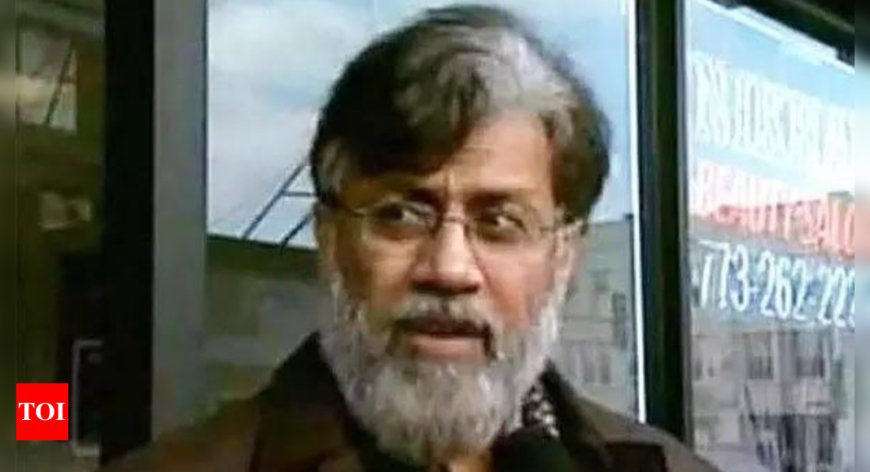26/11 Mumbai terror attack plotter Tahawwur Rana lands in Delhi after US extradition
26/11 Mumbai terror attack plotter Tahawwur Rana lands in Delhi after US extradition

26/11 Mumbai Terror Attack Plotter Tahawwur Rana Lands in Delhi After US Extradition
In a significant development, Tahawwur Rana, one of the key plotters of the infamous 26/11 Mumbai terror attacks, has arrived in Delhi following his extradition from the United States. This event marks a pivotal moment in the ongoing efforts to bring justice to the victims of the tragic attacks that shook India in November 2008. News by dharmyuddh.com
The Background of the 26/11 Attacks
The 26/11 Mumbai attacks were a series of coordinated shooting and bombing attacks that took place across Mumbai, leading to the deaths of 166 people and injuries to over 600. The attacks were carried out by ten members of the Pakistan-based militant group Lashkar-e-Taiba. Rana, who was implicated in the logistics and planning of these attacks, was previously arrested in the US in 2009 and has faced trial for his involvement.
Extradition Details
Rana’s extradition comes after a long legal process in the United States, where he fought against being sent back to India to face trial. His arrival in Delhi is expected to accelerate the legal proceedings against him, as Indian authorities prepare to hold him accountable for his role in one of the deadliest attacks in Indian history. Law enforcement officials are now gathering evidence and preparing charges that will be brought against him in a special court.
The Impact on Justice for Victims
For the families of the victims, Rana's extradition is seen as a ray of hope in their quest for justice. Many have long awaited accountability for those responsible for the attacks, and this development is expected to reignite public interest and pressure on authorities to ensure a swift and fair trial. The commitment of the Indian government and intelligence agencies to work with international partners has been evident in this case, showing a unified approach against terrorism.
Future Implications
As the legal proceedings unfold, analysts and experts will be closely watching how this impacts India's counter-terrorism strategies and international relations, especially with the United States. The case of Tahawwur Rana is not just about justice for the 26/11 attacks; it is also a critical test of India’s legal framework in dealing with international terrorism.
For more updates, visit dharmyuddh.com.
With Rana's return to India, there are expectations of stronger ties in global counter-terrorism efforts, as nations collaborate to prevent events like the 26/11 attacks from ever happening again.
Conclusion
The extradition and arrival of Tahawwur Rana in Delhi serve as a harsh reminder of the dangers posed by terrorism. As legal proceedings begin, this event underscores the ongoing necessity for vigilance and cooperation in the global fight against extremism. Keywords: 26/11 Mumbai terror attack, Tahawwur Rana extradition, Mumbai attacks plotter, US extradition case, justice for 26/11 victims, terrorism in India, Lashkar-e-Taiba attacks, legal proceedings against terrorists, international cooperation against terrorism.







